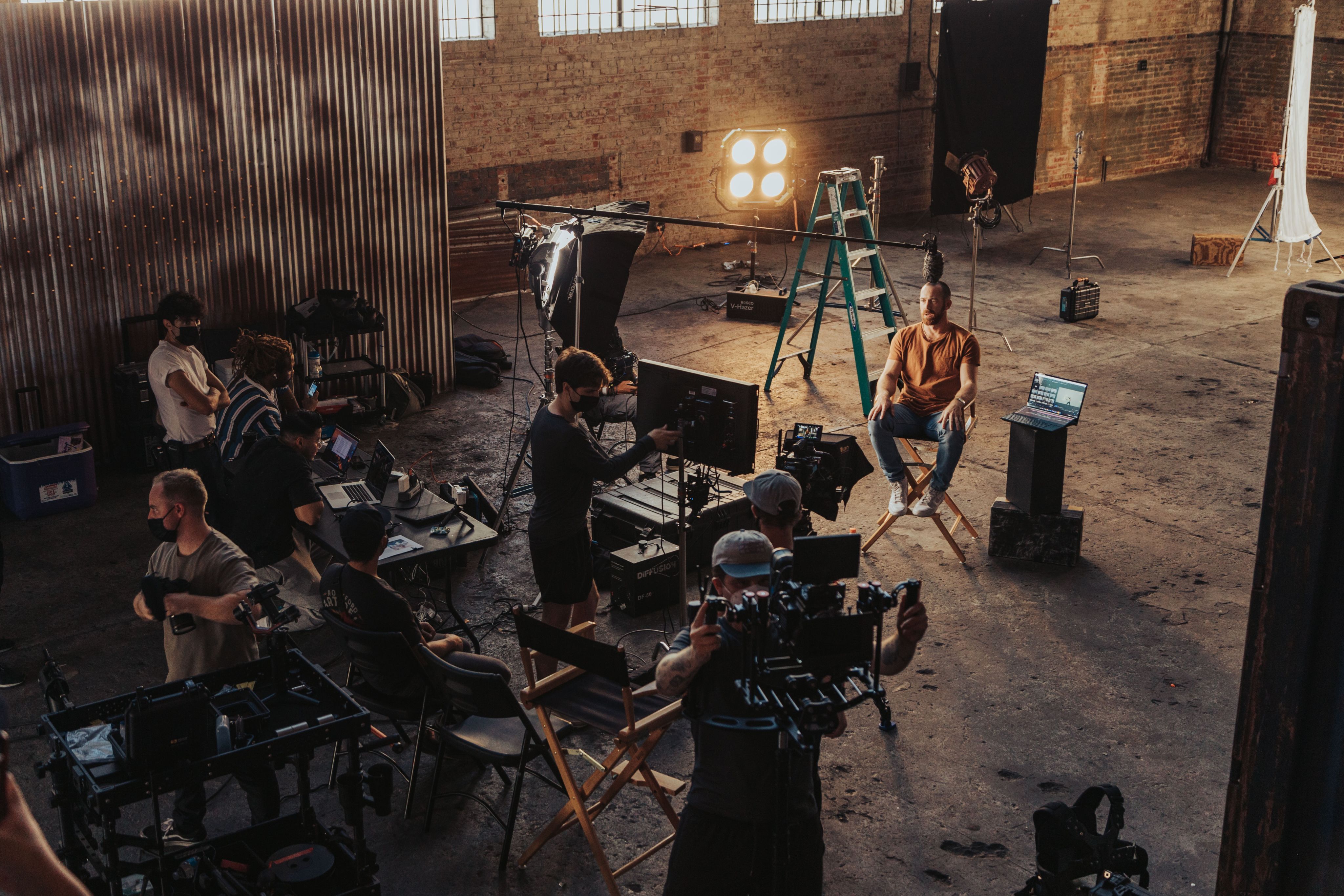Why a Film Degree is More Useful than You Think!

When you think of a career in film, your mind is usually drawn to images of Hollywood, the glamour of Cannes, the Academy Awards, and film legends like Wong Kar Wai and Martin Scorsese. But film is a broader industry than you might think it is, and having a fulfilling career in film isn't limited to the narrow confines of achieving stardom. The world is inevitably shifting towards a heavier desire for visual media, signaling a diversification in the roles and jobs available in the film industry. Here are a few pathways you can take after taking a degree in film.
1. Video Editor
With the rise of streaming services, and the number of consumers of both long and short form video content, the demand for editors to help during post-production is growing. Films and videos need an expert to transform them into the finished products that we view and consume. Film or video editors can work with major production or post-production companies, or even in-house with a variety of companies in their own marketing or content production departments. Film/video editing is a great career for film graduates who have a keen eye for creative and strategic edits, attention to detail, and have great communication skills. Film editors may experience long periods of down time in between projects, so it's important to have a degree of self-motivation if you plan on pursuing a career in editing.
2. Producer
Aside from editing and post-production, there are a myriad of jobs and roles that you can explore in the film industry itself. This includes becoming a producer, and overseeing the completion of the creative operations necessary to produce a film smoothly and successfully. Film producers not only work on movie sets, or with film production companies, there are independent production houses and advertising agencies that also require the skills of a film producer. We've talked a lot about the visual medium, but audio productions such as podcasts are also a viable option for work. If you've got great leadership skills, a good eye for budgeting, and are great at making decisions under pressure, this might be the career for you!
3. Community Arts Worker
Film degrees can be utilised in the field of community arts, with the organisation and planning of community arts events. Community arts workers will communicate closely with various groups in the community to identify their needs and goals, and help to plan events and activities around those requirements. Community arts workers also help create artwork and advertising for these events/activities, which is where a film degree comes in handy. Film graduates have an eye for visuals, and are abundant in creativity, and will have the knowledge and capability to handle campaigns and events like productions.
4. Advertising Arts Director
The field of advertising is pretty closely linked to film. Both areas explore creativity and do their best to send a message through visual mediums. Art directors also need to work with a variety of people from different backgrounds to create a final product/campaign. Film graduates can transfer their skills and knowledge from their degree into the field of advertising easily, due to the similarities between the two fields, making this the perfect job for those who want to expand their circles outside of the film industry exclusively.
5. Broadcasting
Film graduates are also highly sought-after in the field of broadcasting. Large media companies like BBC, Channel News Asia, and more, rely on the capabilities of film graduates to run, film, record, and produce their regular broadcasts. These companies will require individuals with the technical skills to operate microphones, other audio devices, cameras, lights, and help with any editing if necessary. Specific jobs in the field of broadcasting that would be suited to film graduates include camera operators, production assistants, music directors, sound technicians, and many more. Graduates with a film degree may also serve as broadcasters themselves, and can take on roles such as presenting or directing media broadcasts.
6. Talent Agent
Studying film can help you build and forge a variety of industry connections that may be useful when it comes to furthering careers in general. If you feel like being in front of the camera isn't for you, or if you're more interested in the management and human resource side of things, then try being a talent agent! Working at a talent agency involves networking and building strong industry relationships, as well as being up to date and familiar with everything going on in the industry. Agents must also nurture, advise, and mentor their clients, to help them make the best decisions for their careers. Talent agents may be expected to work long hours and in highly competitive environments, but it is rewarding with plenty of compensation to cover any expenses generated by work.
The film industry itself has many roles and opportunities for niches to be filled by film graduates. However, one does not need to be limited to that particular industry in order to find success. There are many career paths in similar industries that have use for the skills gained by a film graduate. Whatever path you choose to take, make it your own and don't look backwards.
If you would like to know about courses in Digital Media, Design and Comms, visit https://www.iact.edu.my/ to explore your options.





